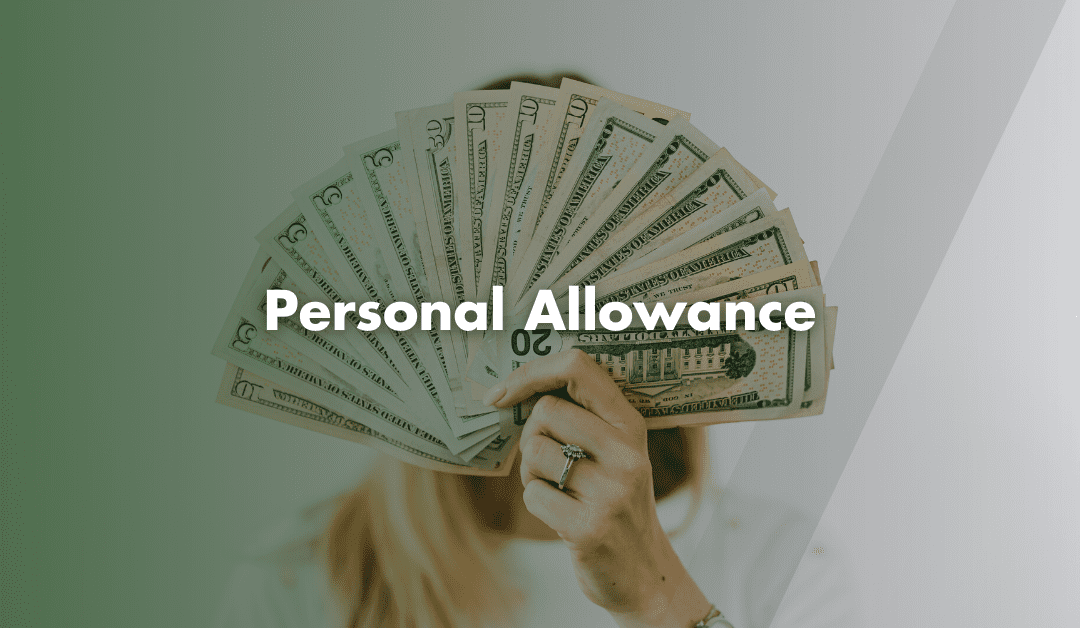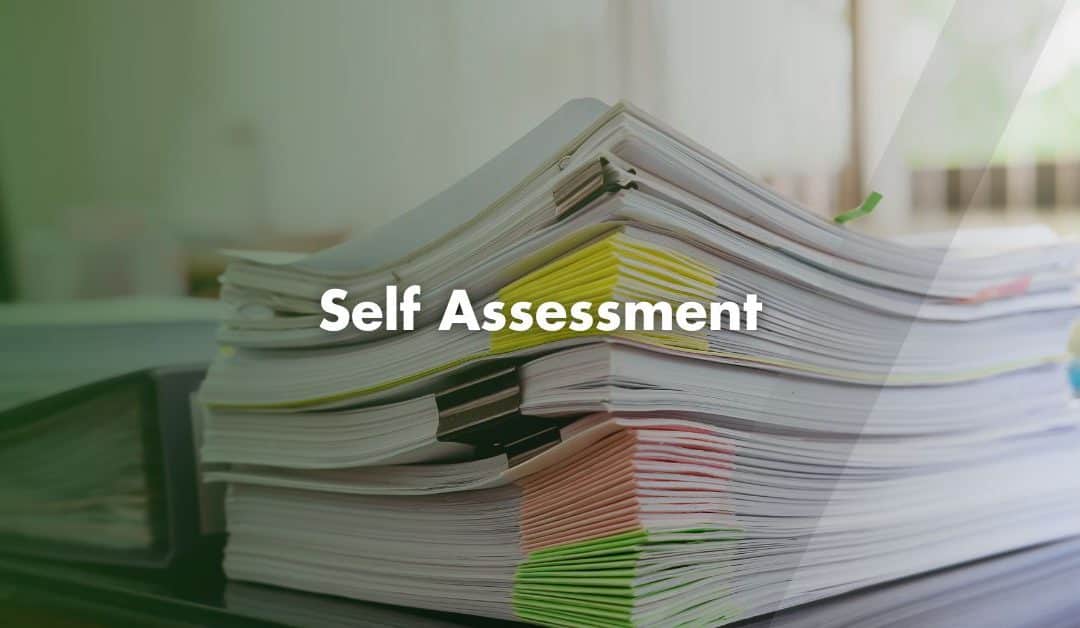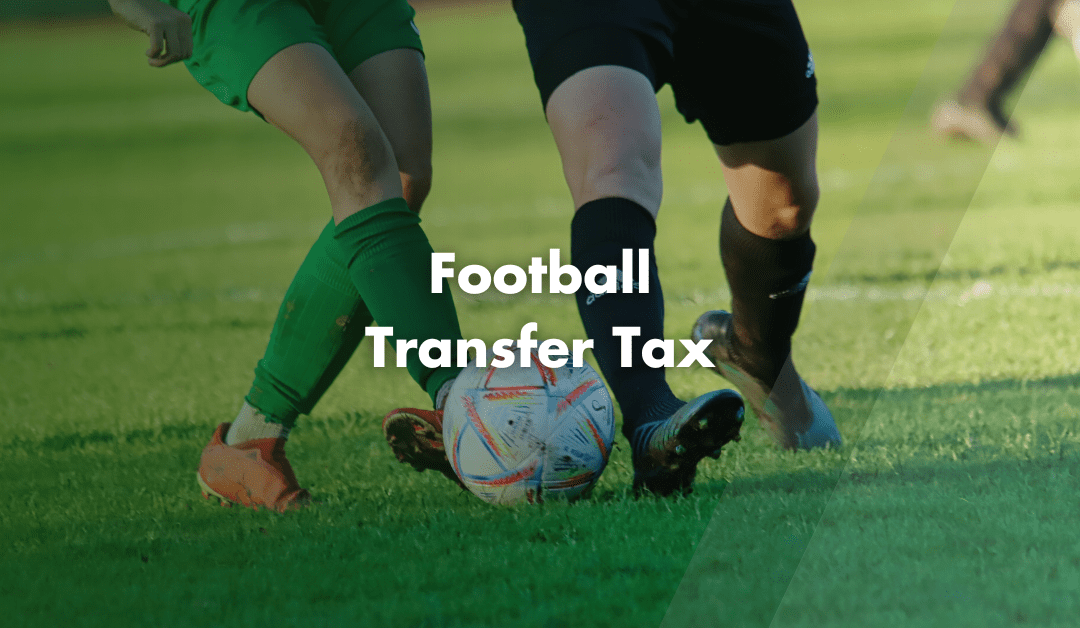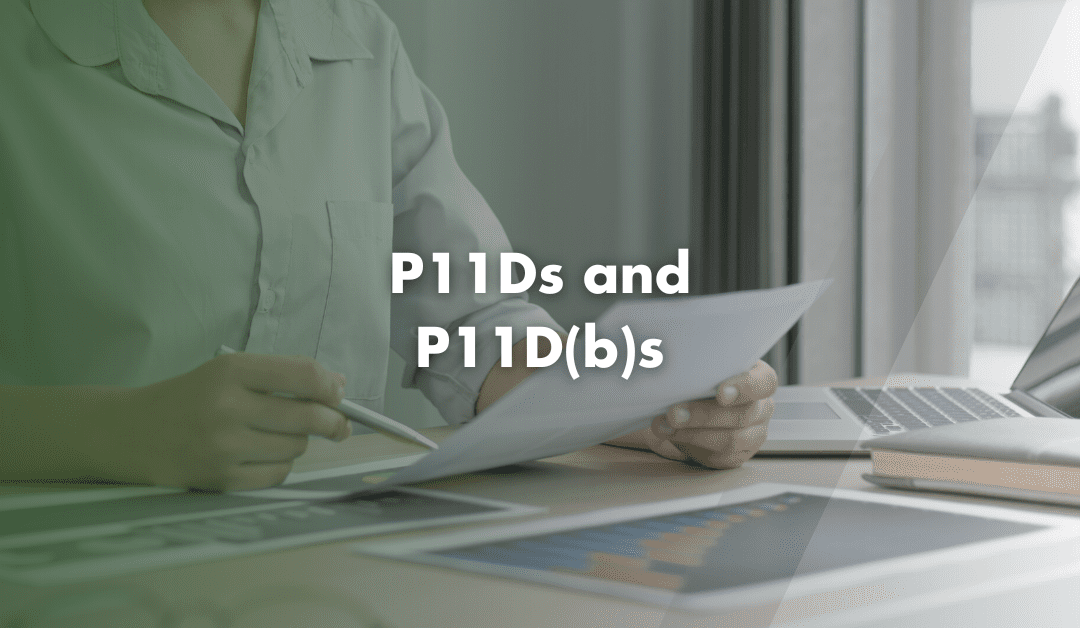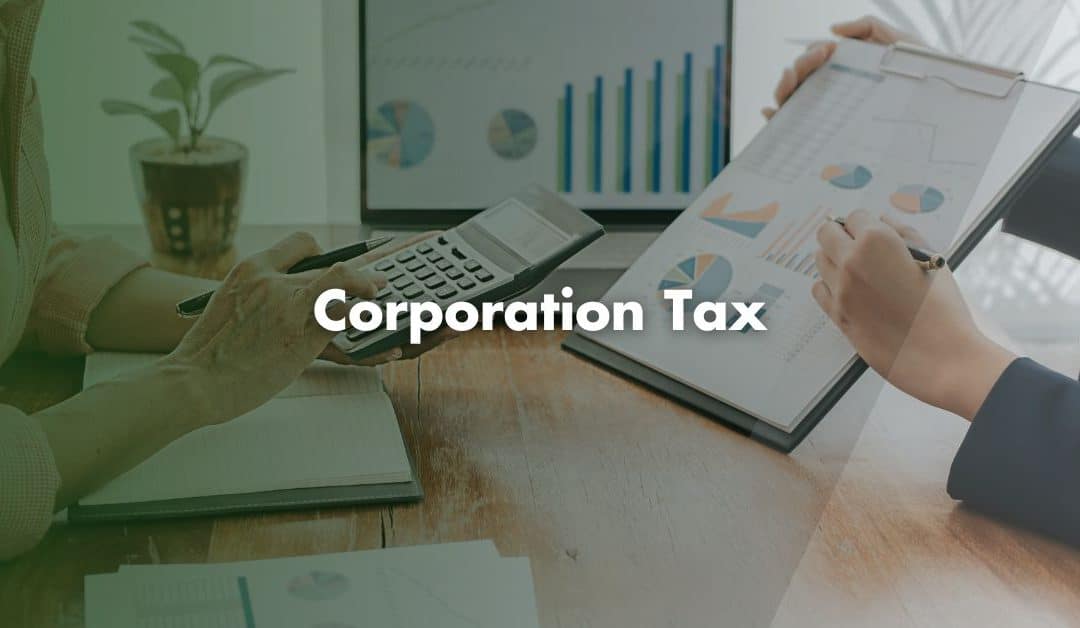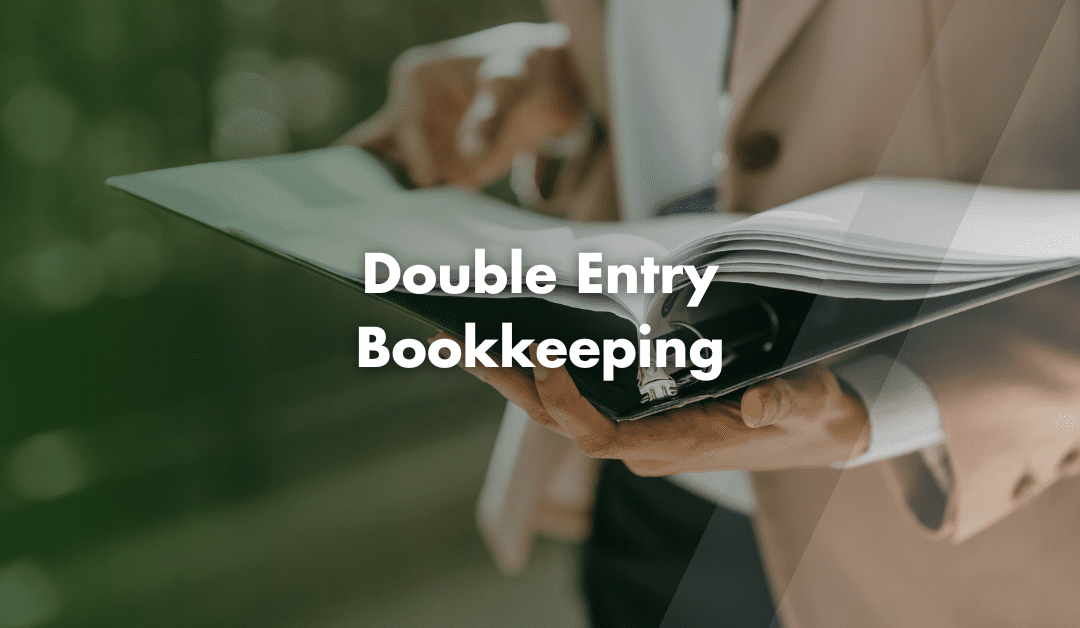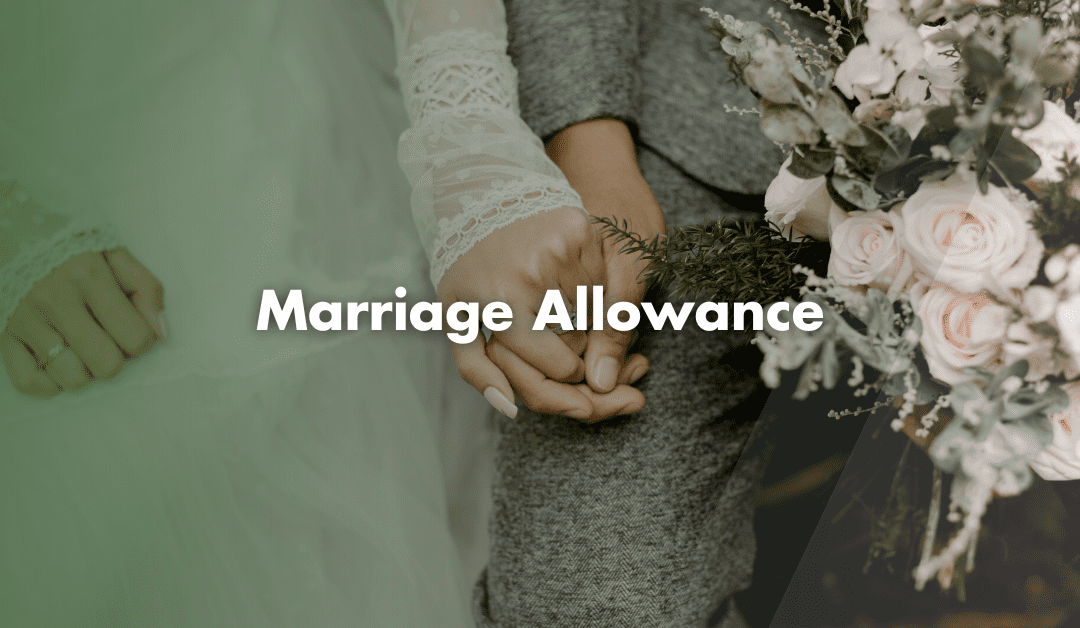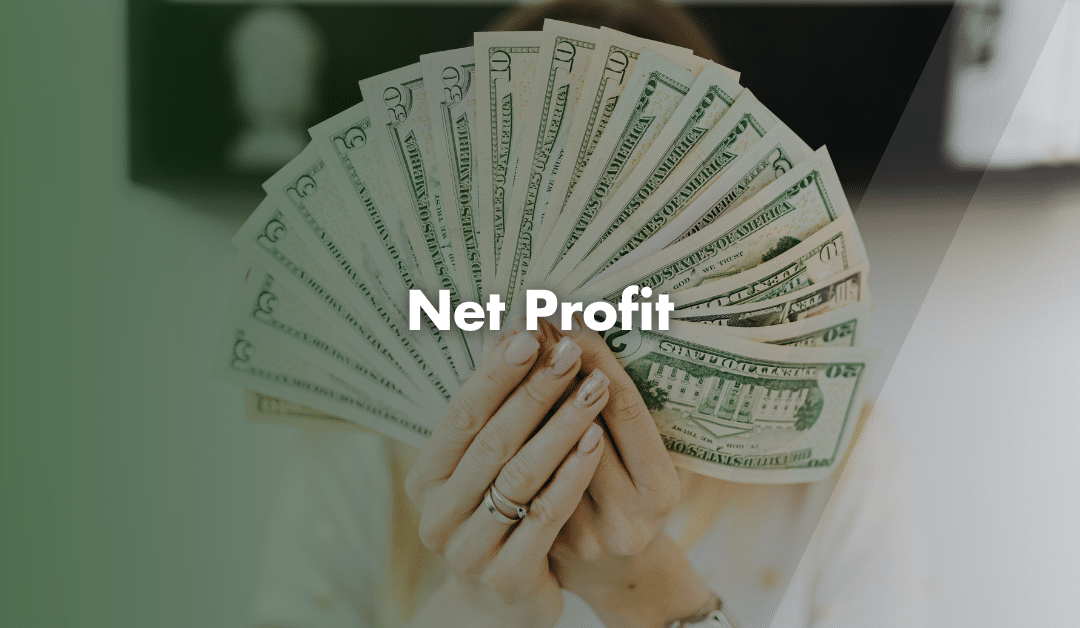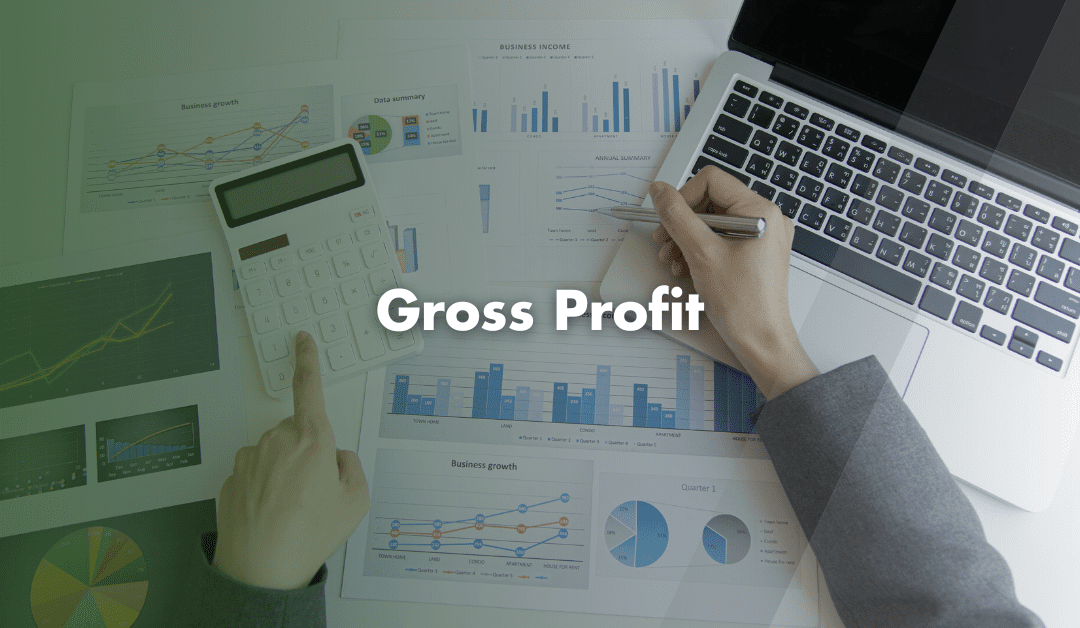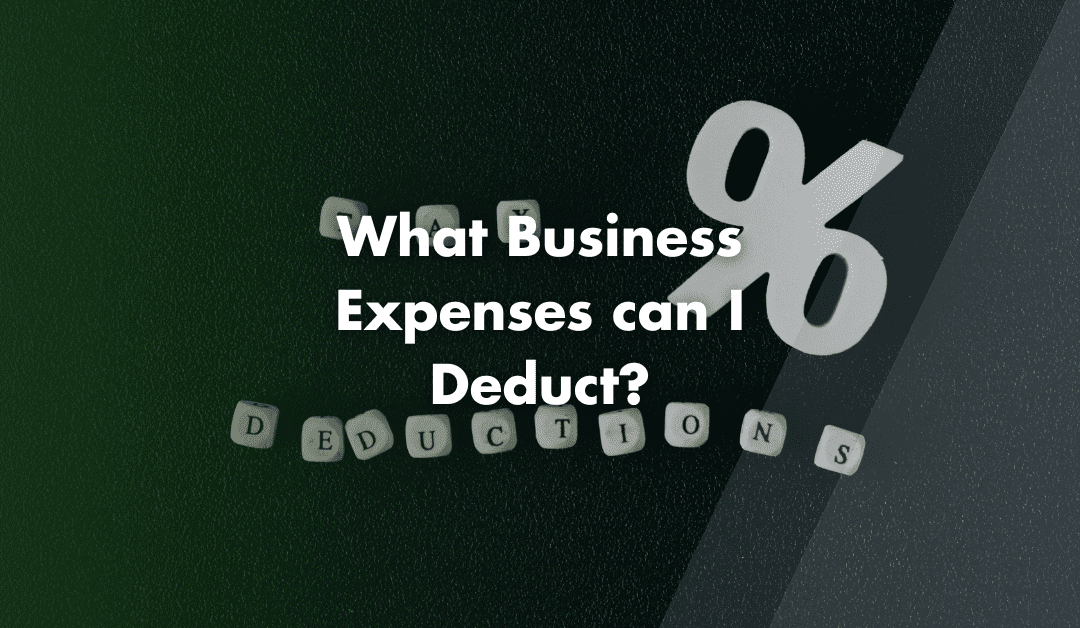
by Pi Accountancy | Jul 30, 2024 | Frequently Asked Questions
National Insurance, or NI for short, is a tax on earnings that funds various State Benefits. Employees, the self-employed and employers all contribute based on income levels. Unlike Income Tax, NI directly supports benefits that people may need throughout their lives,...

by Pi Accountancy | Jul 17, 2024 | Allowances, Frequently Asked Questions
The Personal Allowance is the amount of income you can earn each tax year before paying Income Tax. For the 2024/25 tax year, the standard Personal Allowance is £12,570. This means you do not have to pay tax on income up to this threshold. However, your Personal...

by Pi Accountancy | Jul 16, 2024 | Frequently Asked Questions, Self Assessment
HMRC uses the Self Assessment system to collect Income Tax and requires taxpayers to complete a yearly tax return. Self Assessment is for those who do not have their taxes automatically deducted from their earnings or for those with additional income sources....

by Pi Accountancy | Jul 11, 2024 | Frequently Asked Questions
Does Tax Apply to Marketable Securities? Yes, tax does apply to Marketable Securities. Marketable securities quickly and easily convert into cash due to their high liquidity. Common stocks, treasury bills, and bonds, traded on public stock exchanges, are examples of...

by Pi Accountancy | Jul 10, 2024 | Frequently Asked Questions
What is Football Transfer Tax? Football Transfer Tax refers to the tax implications and regulations surrounding the transfer of football players between clubs. There is no specific tax but rather various tax considerations that come into play during the process of...

by Pi Accountancy | Jul 3, 2024 | Frequently Asked Questions
What is a P11D? The P11D form is used by employers to report expenses and benefits provided to directors and employees that are not processed through payroll. Examples include company cars, health insurance, and other non-cash benefits. Each director or relevant...

by Pi Accountancy | Jun 28, 2024 | Frequently Asked Questions
What is the VAT Flat Rate Scheme? The VAT Flat Rate Scheme (FRS) simplifies the way small businesses manage their VAT payments. Instead of calculating the VAT on every transaction, businesses pay a fixed rate of VAT to HMRC – depending on the industry. Key...

by Pi Accountancy | Jun 26, 2024 | Advisory and Resources, Corporation Tax, Frequently Asked Questions, Taxes
Corporation Tax is a tax that companies and certain organisations pay to HMRC on their profits. You calculate it for each accounting period, which usually matches your financial year. However, your first year can include more than one accounting period. Unlike many...

by Pi Accountancy | Jun 26, 2024 | Frequently Asked Questions
What is Double Entry Bookkeeping? Double Entry Bookkeeping is an accounting technique that records each financial transaction twice – once as a debit in one account and once as a credit in another. This method bases itself on the accounting equation: Assets =...

by Pi Accountancy | Jun 18, 2024 | Allowances, Frequently Asked Questions
What is Marriage Allowance? Marriage Allowance is a government initiative aimed at reducing the tax burden for married couples or civil partners. This scheme allows one partner to transfer a portion of their unused personal tax allowance to their spouse or civil...

by Pi Accountancy | Jun 5, 2024 | Frequently Asked Questions
What is Net Profit? Net Profit is the amount of money that remains from a business’ revenues after all operating expenses, interest, taxes, and other costs have been subtracted. It is a clear indicator of a company’s financial performance over a specific...

by Pi Accountancy | Jun 4, 2024 | Frequently Asked Questions
What is Gross Profit? Gross Profit refers to the total revenue subtracted by the cost of goods sold (COGS). These costs include all the expenses directly associated with the production of goods or services your business sells, such as raw materials and labour. It does...

by Pi Accountancy | May 30, 2024 | CIS, Frequently Asked Questions
The Construction Industry Scheme, or CIS for short, is a tax deduction system which ensures that contractors correctly handle tax payments for subcontractors. The scheme help regulate tax compliance and prevent tax evasion by requiring tax deductions at the source....

by Pi Accountancy | Jun 1, 2023 | Frequently Asked Questions
What Business Expenses can I Deduct? As a business owner (or small business owner) in the UK, you are allowed to deduct certain business expenses from your taxable income, reducing your overall tax bill. However it is important to note that not all expenses are...


